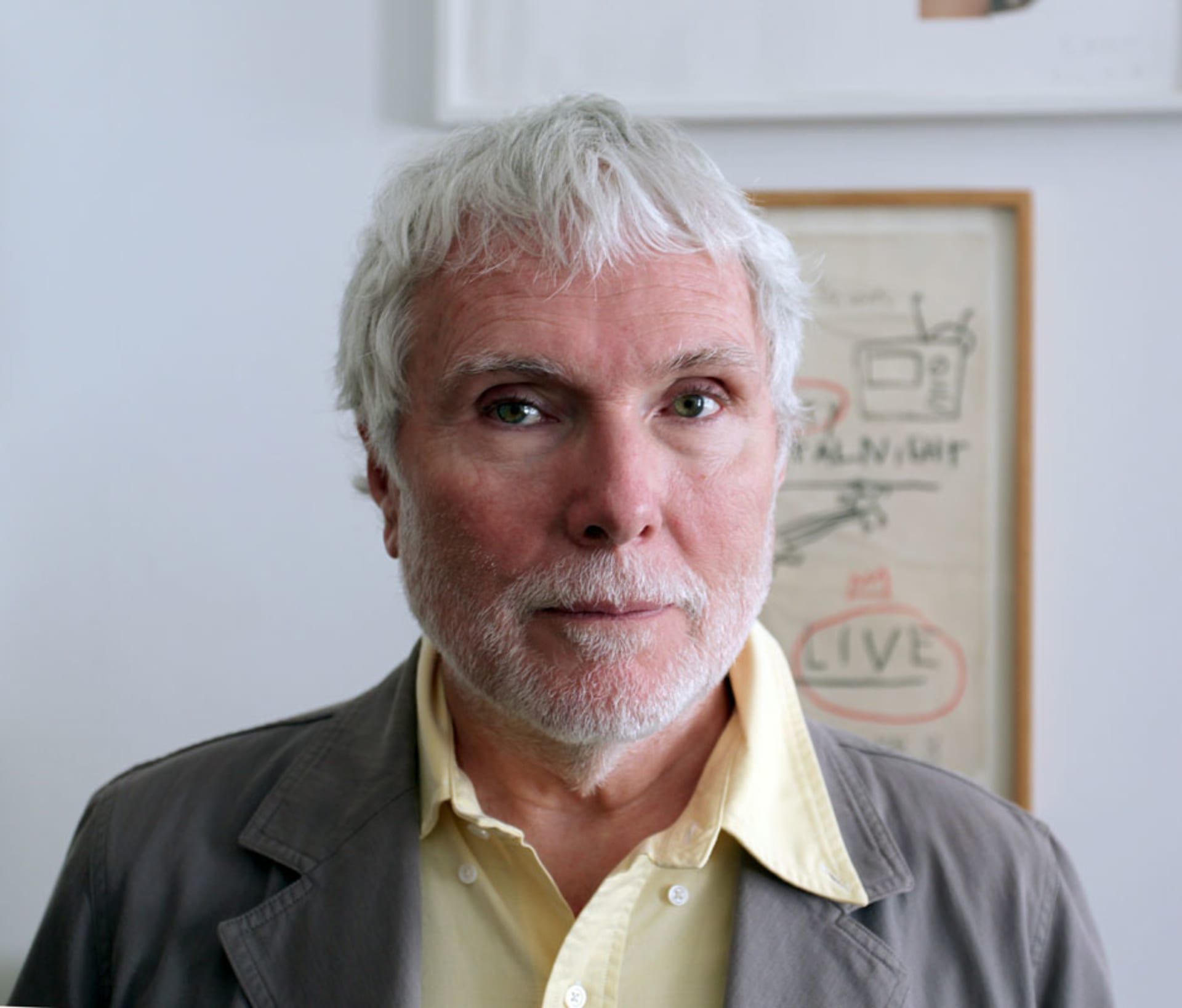
Glenn O’Brien recommends $100 of Books
Need some holiday gift recommendations? When Glenn O’Brien recommends stuff, people take note. As we found out in the new Winter edition of Electronic Beats Magazine, the former member of Andy Warhol’s factory, TV Party-host and ex-editor-in-chief of Interview Magazine reads lots of books when he’s not telling people how to dress well. What kind? Think big picture. Photo: Margret Links
I’m a reader and a book collector. To maximize my c-note I have selected fairly cheap examples of these books from my favorite source, AbeBooks.com. Were these actual purchases, I might have looked for first editions, hardcovers and dust jackets. But I selected these books for the extraordinary knowledge they impart. Hofstadter and Jaynes will make you see consciousness in a more complex way.
Jaynes contends in The Origin of Consciousness in the Breakdown of the Bicameral Mind that in pre-literate Homeric times, humans perceived the voices of the gods directly in their brains and used idols to trigger the voice. Douglas Hofstadter in Gödel, Escher, Bach: An Eternal Golden Braid theorizes that consciousness, our sense of individuality, or the “I” result from a strange feedback loop in the brain, and he presents the interesting idea that an ant colony represents a single mind dispersed among the individual neurons of its members. It’s something I often reflect on when I look down at a city from an airplane or when I contemplate the increasing specialization of knowledge and tasks in our society.
When I am horrified by the behavior of nations, especially democracies and in particular the big assertive one in which I reside, I often resort to Walter Lippmann who began to explain in horrifying detail how democracy works and how it doesn’t with his 1922 book Public Opinion, and who began to fear for the behavior of democracies in his 1955 The Public Philosophy. He never brings up the beehive or ant colony model, but I assert that when considering how unwaveringly committed we are to the idea that the majority rules, opinion is somehow considered godlike in its infallibility.
The perfect companion to Lippmann is Edward L. Bernays (1891-1995), a nephew of Sigmund Freud who actually invented the term “public relations” and was an expert in what we call, less gently, propaganda. Bernays believed that democracy necessitated manipulation of the public because of its irrational and dangerous “herd instinct.” Bernays called his practice “engineering consent,” and he applied it to politics and press relations as well as advertising. One of his triumphs was convincing American women that smoking, which was taboo, was a sign of their liberation and suffrage. He called cigarettes “torches of freedom.” Many of the techniques employed today by political action groups were pioneered by Bernays.
With all this under one’s belt it would be easy to despair of mankind’s future, which is why I resort to a modern, no-nonsense look into contemporary shamanism and entheogens. There is no more masterful guide than Dale Pendell, whose scientific yet extraordinarily poetic trilogy on psycho-pharmacology is a source of wisdom. If we’re having an apocalypse we’re going to need all the help we can get. ~
This text first appeared first in Electronic Beats Magazine N° 36 (4, 2013). Read the full issue on issuu.com or in the embed below.
Published December 10, 2013. Words by Glenn O Brien.
